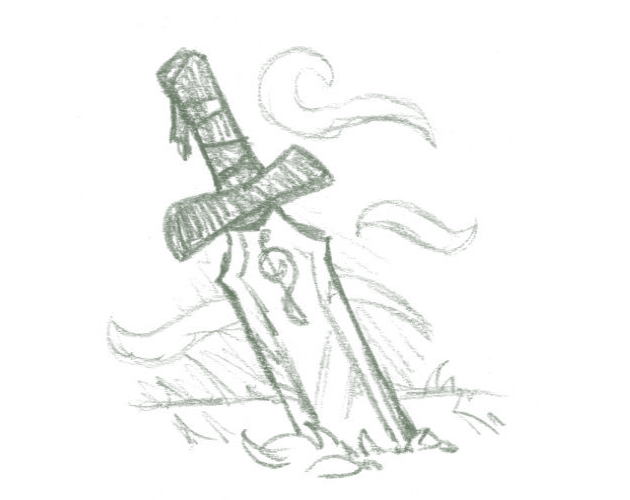If you bounce off of it, then it's no big deal. I don't think it's as evocative as the games you listed. I do like the substantially flatter power curve of the game, as well as elements like loot progression, hearts, effort, table-facing DCs, etc.
Index Card RPG 2E is classless and has a loot-based progression system, so characters can lose all of their abilities if they lose their items. ICRPG Master Edition, however, provides characters with non-loot based abilities and moves closer to soft classes. I think that my ICRPG project may go for an alternative middle ground. It takes some small nods from games like Ryuutama, Worlds Without Number, and the upcoming Dragonbane RPG.





